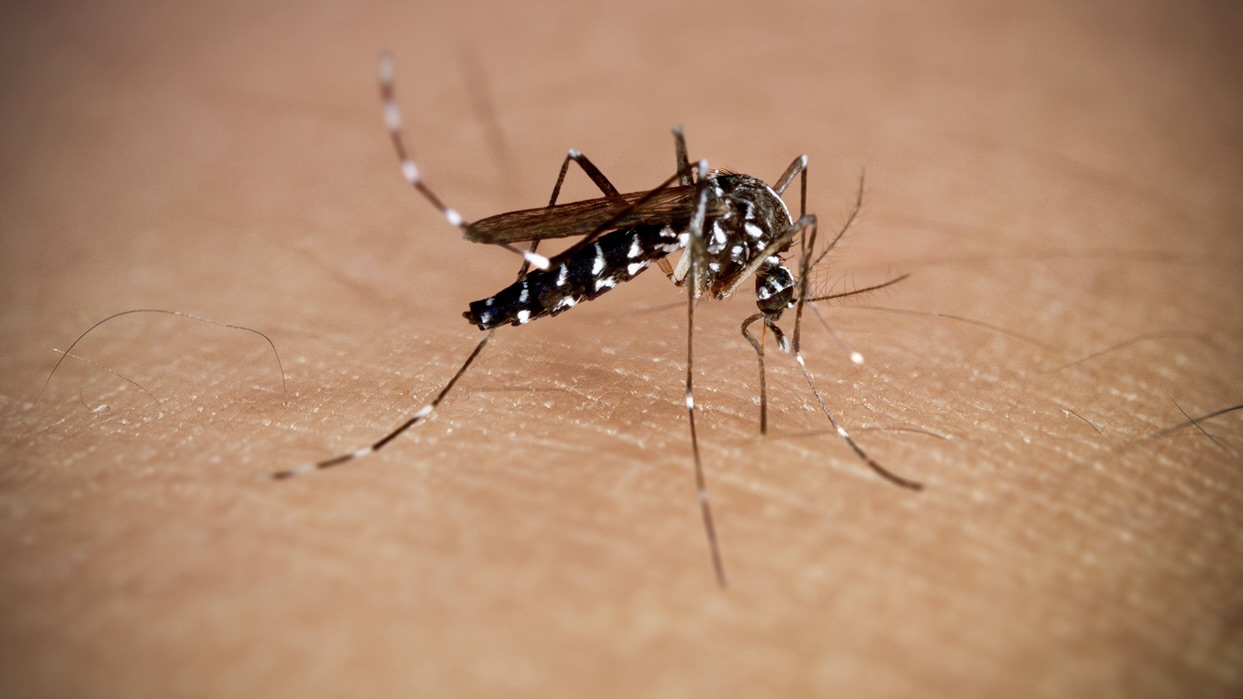Andhra Pradesh Launches AI-Driven Mosquito Control Initiative
Andhra Pradesh is gearing up to implement a pilot program that utilizes artificial intelligence to address mosquito-related health concerns across six municipal corporations. This initiative will employ drones, sensors, and heat maps to monitor and manage vector-borne diseases effectively. The Smart Mosquito Surveillance System (SMoSS) is designed to provide real-time data on mosquito populations, enabling strategic spraying efforts while minimizing chemical usage, time, and expenses.
AI-Powered Smart Mosquito Surveillance System
The Municipal Administration and Urban Development (MAUD) Department of Andhra Pradesh is on the verge of launching a pioneering ‘smart mosquito control’ program aimed at mitigating vector-borne diseases. The AI-driven SMoSS will be tested across 66 locations within six key municipal corporations in the state. This initiative seeks to protect public health by addressing the mosquito issue more efficiently, while also aiming to lighten the workload for municipal staff and lower costs for local government entities. The program will rely on advanced Internet of Things (IoT) technologies, including drones, sensors, heat maps, and traps to enhance monitoring.
Coverage of Pilot Project Across Municipal Corporations
The pilot scheme will span various areas, with 16 locations within the Greater Visakhapatnam Municipal Corporation, four in Kakinada, five in Rajamahendravaram, 28 in Vijayawada, seven in Nellore, and six in Kurnool. Recent evaluations of the AI system’s feasibility were conducted by MAUD Principal Secretary S Suresh Kumar and Director of Municipal Administration P Sampath Kumar, with the system developed by a private firm. Smart sensors will be deployed in high-risk mosquito areas to monitor species, gender, density, temperature, and humidity levels. Should mosquito populations surpass a predetermined level, the system will send out automatic alerts, with data continuously transmitted to a central server and displayed on a live dashboard.
Targeted Intervention and Efficient Resource Use
The initiative emphasizes evidence-based spraying techniques, reduction of chemical usage, and a commitment to public health, efficiency, and cost-effectiveness. Suresh Kumar highlighted that the program aims for improved monitoring and quicker response times through data-driven fumigation methods, moving away from the traditional ‘blind spraying’ approach that often yields minimal results. IoT sensors will facilitate the tracking of mosquito populations, directing focused interventions.
Additionally, a reporting mechanism will be established to monitor daily cases of malaria, dengue, and chikungunya reported by hospitals. This data will help pinpoint mosquito hotspots and inform targeted actions. Sampath Kumar indicated that operations will be completely outsourced to specialized agencies, with payment tied to performance and operational accountability. Any complaints from citizens or local officials will be addressed through the Vector Control and Puramitra mobile applications. Comprehensive action plans for scheduled fogging and larval treatments will be outlined for identified hotspots, reinforcing the program’s commitment to public health. Suresh Kumar emphasized that the core mission of SMoSS is to protect public health, with a focus on disease prevention through effective vector management.

